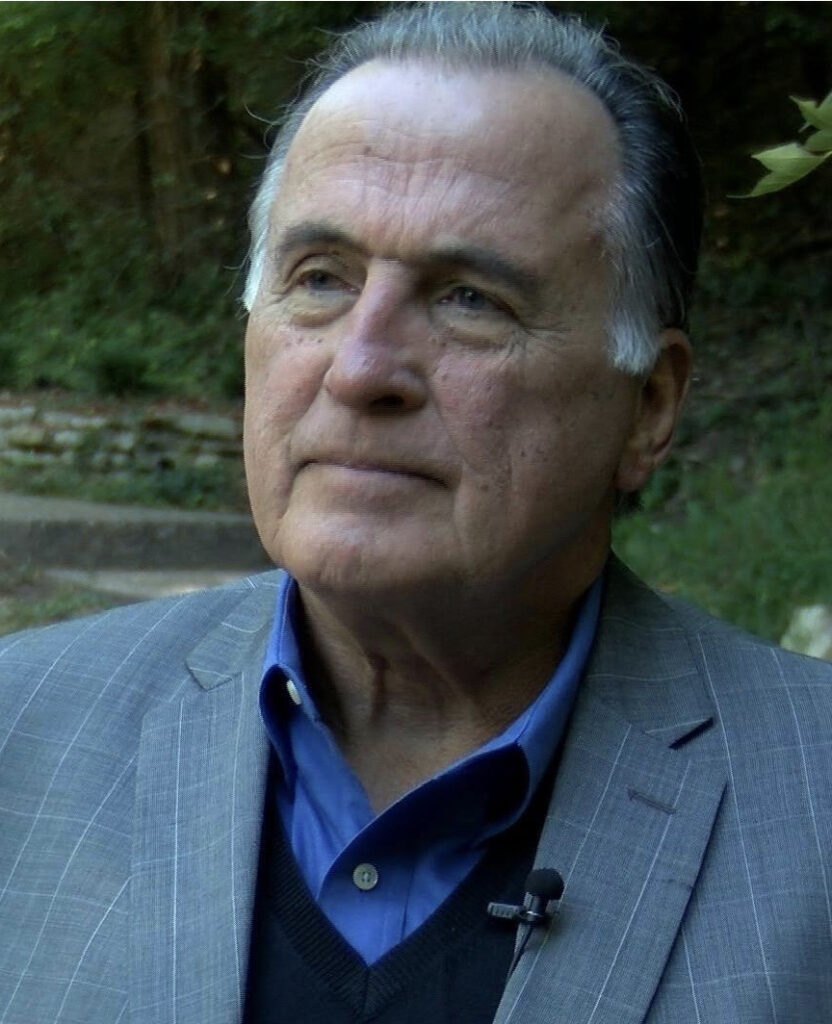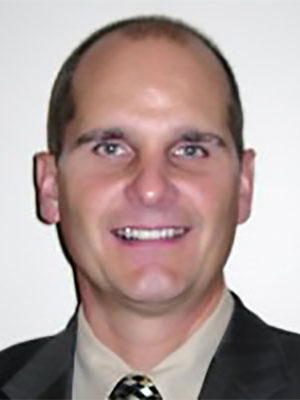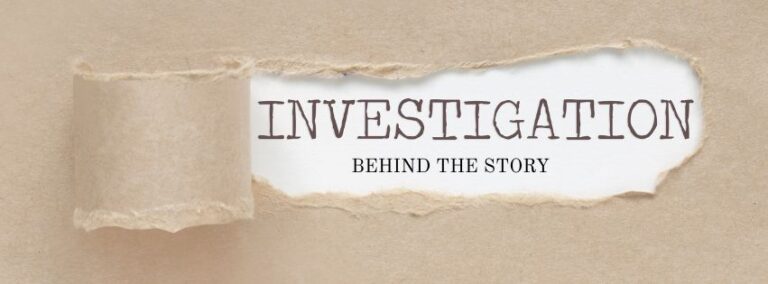Disinformation and misinformation hang like a dark cloud over the electoral process today. Disinformation is false by design; misinformation is false information that may or may not have been intentional. These elements have long been a part of the political process in the United States. President John Adams once scribbled a stark note on his copy of the writing by the French philosopher, Nicolas de Condorcet. The philosopher predicted that a free press would advance knowledge and create a more informed public. Adams disagreed. “There has been more new error propagated by the press in the last ten years than in a hundred years before 1798.” Adams’ remarks are interesting in that he believed misinformation and disinformation were far worse in his time…much as we believe today.

Ryan Merkley, former editor of the Aspen Institute’s Commission on Information Disorder, is one of the foremost experts on the topic today. He describes two main objectives in disinformation campaigns. The first is to drive action (or inaction) of a particular audience by sowing division and discontent by using false statements or out-of-context material. The intent is to target a particular group to discourage them from going to the polls, or to make them unreceptive to the facts. The second objective is to destabilize the foundations of trust in individuals, organizations, or institutions.
Merkley recognizes that dis/misinformation has been prevalent throughout history. And he acknowledges that technology adds sophistication and rapid acceleration to the process. The advent of social media was a major accelerant. Advancements in artificial intelligence can spread conspiracy theories and dis/misinformation even more quickly. The intensity of the current political divide is also a major factor in the surge of dis/misinformation today. A divided population is more likely to share unfavorable information about the other side. It isn’t difficult to see how dis/misinformation have influenced the mistrust surrounding elections.
The actions of the political parties cannot be overlooked. Consider what happened following the 2016 and 2020 Presidential elections in Wisconsin. The outcomes of both elections were challenged; by a Green Party funded recount in 2016 and by a State funded Special Counsel in 2020. In both cases, no widespread election fraud was found. Yet the aftermath of the 2020 election was different. Polls taken last fall show that nearly one in three Americans, two years after the vote, still believe that Joe Biden didn’t win the election fair and square.
Let’s look at a couple of recent developments in Wisconsin. In late January 2023, an audio surfaced from a November 5, 2020 campaign team meeting, just two days after the election. The meeting involved political operatives from the 2020 Trump campaign, one of whom apparently released the audio. The audio began with statements complimenting the get-out-the-vote efforts of Democrats in the large cities. But then Andrew Iverson, the head of the Trump campaign in Wisconsin, stated: “Here’s the drill: Comms is going to continue to fan the flame and get the word out about Democrats trying to steal this election. We’ll do whatever they need (inaudible) help with. Just be on standby in case there’s any stunts we need to pull.”
In the second development, a study by Wisconsin Institute for Law and Liberty (WILL), a conservative nonprofit law firm, looked at the impact of the $10 million in election support grants from the Center for Tech and Civic Life (CTCL), funded in part by Facebook founder, Mark Zuckerberg. More than 86% went to five Wisconsin cities. The analysis found that CTCL spending likely increased turnout for Joe Biden by up to 8000 votes, but apparently did not result in statistically significant increases in voter turnout for Donald Trump.
The released audio reinforced the fact that denying the results of the 2020 Presidential election was a coordinated, rather than serendipitous, effort. Meanwhile, there is not a defendable rationale why the election support grants were not equitably distributed statewide. Neither action was illegal, yet they both contributed to a breakdown in trust. One was a clear example of planned disinformation. The other demonstrated actions that contribute to a distrustful environment, a breeding ground for disinformation.
This leads to a question. Are there any practical steps we can take to avoid getting caught up in the dis/misinformation process? The answer is “Yes”. There are good resources available to check the sources of the information we consume. A reliable one is Media Bias/Fact Check (MBFC) at mediabiasfactcheck.com. They track more than 5700 media sources and journalists globally, providing a rating across a spectrum from left bias to right bias. They identify conspiracy theory-pseudoscience sites, scientific sites, questionable sources, and satire sites. And they “fact check the fact checkers”. Recognizing that all media has some bias, they also identify the least biased media sources at the global, national, state and community level. The following is a partial list of Wisconsin media organizations rated least biased by MBFC: Chippewa Herald, Eau Claire Leader-Telegram, Green Bay Press Gazette, La Crosse Tribune, Lake Geneva Regional News, Racine Journal Times, WEAU, WISC, WISN, WKBT, WKOW, WLAX, WTMJ, Wisconsin State Journal, and WXOW.
It is not realistic to attempt to fact check everything we read and hear. But here are a couple of suggested practices to consider. A good place to start is to consume media from sources that are least biased. This doesn’t mean avoiding all other sources. Just know who’s providing it. A second step is to only share information if you’ve fact-checked it first, particularly on social media. If accepting this personal commitment means you have few items to share on social media, that’s probably a good thing. Dis/misinformation only works when people pass it along. Don’t be part be of the problem. In the words of John Adams, “Go on and improve in everything worthy”.
Lee Rasch is Executive Director of LeaderEthics, a nonpartisan/nonprofit organization committed to promoting ethical leadership among elected officials. You can learn more at: leaderethics.us. Lee can be reached at: Lee@leaderethics.us.



